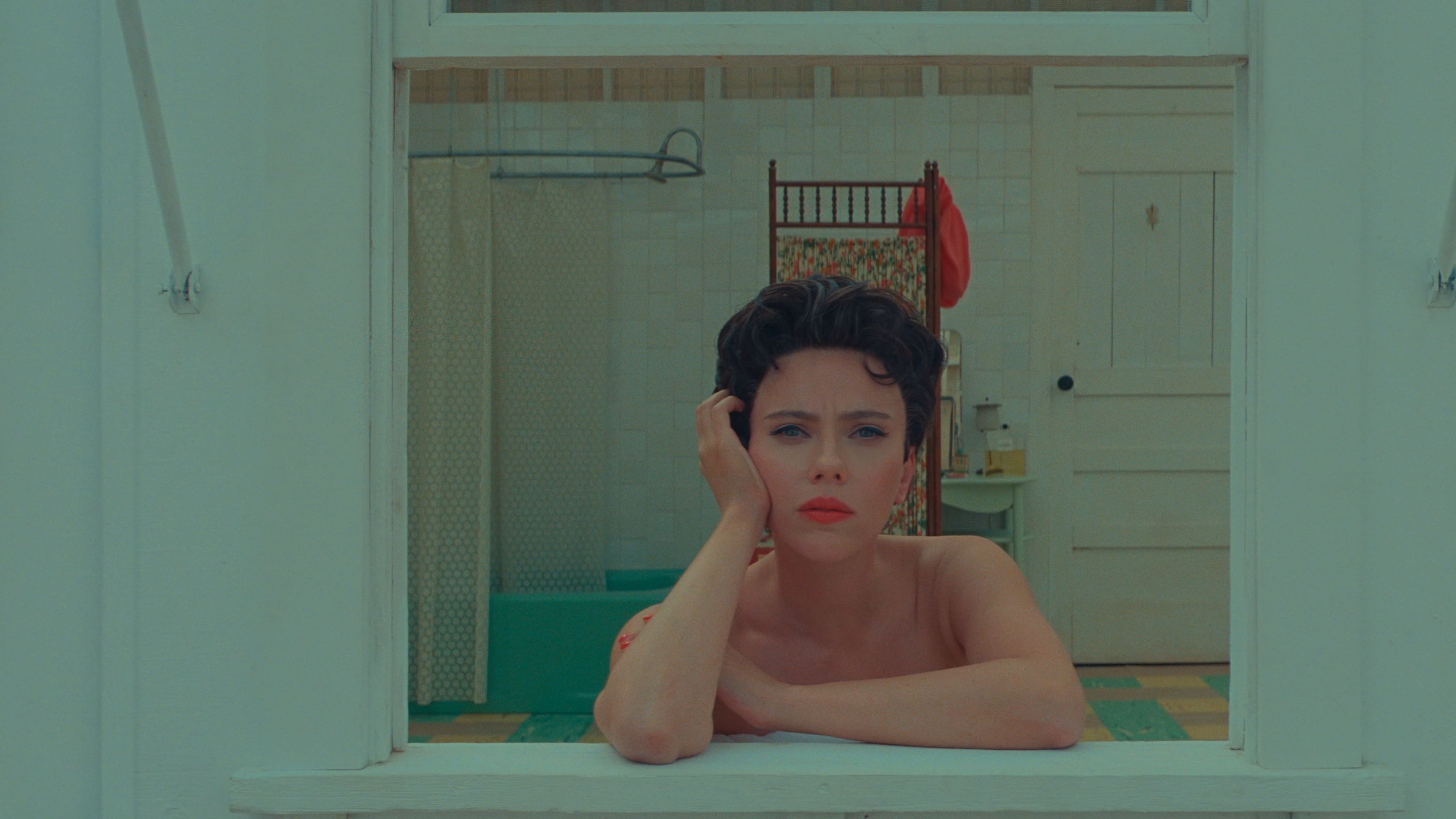Currently, due to being hit by high gas bills at my rental, my roommates and I have decided to forgo heating altogether. While this works for them – being out of the house for work during the day and spending less time in an arctic fridge – working from home is an absolute nightmare. The thermostat read a room temp of twelve degrees on Wednesday morning (what a fun start to Spring). Of course, this self imposed suffering is just as much my decision as it is theirs (I refuse to heat a whole house just for my one room).
One great thing about having a cold room though is that it forces me out of the house and into some pretty nifty spaces. I ate at my usual café next to the station for lunch, enjoyed the sunlight, and instead of trudging to the library down the street to inhale stale air for three for hours, I plugged in my charger and parked myself in the comfortable booth of the café instead.
I had a cold heart that day as well as a cold body. I always have a lulling melancholy in the morning that gets in the way of my writing. Whether it’s guilt over not working on my own projects or feelings of rejection that leave me in a depressive state for several days, its a heavy burden on my workdays. But all that melts away with a warm coffee, friendly staff and a bit of metal blasting through my headphones.
But all these tragic circumstances I find myself thinking: what does it mean to write for one’s own betterment and not necessarily the audience’s?
Asteroid City (2023) as semi-autofiction.

As annoying as it is to write, I wasn’t a big fan of Wes Anderson’s latest outing. Having seen it with other screenwriters was a fun time, but I got more out of the discussion afterwards than the actual film.
SPOILERS AHEAD FOR THE MOVIE
Any fan will immediately recognise the ‘story within a story structure’ synonymous with the director’s work. The titular Asteroid City is, in fact, a costume rehearsal for the play written by the not so famous playwright, Conrad Earp. This black and white ‘reality’, complete with Bryan Cranston playing the role of a Rod Serling/Orson Welles style narrator, was the most interesting section; at least on a first watch. However, while it is fun to watch Anderson’s take of a “poorly” performed and unfinished play, to have it take up the majority of the runtime, risks an audience’s attention. A project with such dense visuals and dry humour becomes fatiguing to parse fairly over a two hour runtime. If its ‘movie to fake film’ ratio was something like Cobweb (Kim Jee-woon and not Samuel Boden), where the finished shots were shown in snippets, I believe I would have been more receptive to what Anderson was trying to say about writing art in isolation. Instead, I was left with a reductive interpretation of the pandemic.
The parallels between this small dustbowl town being locked off from the rest of society and the worldwide pandemic became obvious in retrospect. Even the playwright himself calls for a work that has his audience experiencing a “waking dream”, something that has been repeated ad nauseam these past three years. But why does Anderson choose to remind us of an event that we are, arguably, still trying to recover from?
With all the lockdowns, zoom calls and premature deaths, the pandemic was a time for self-reflection. What else is there to do while stuck in your room except confront your life and the dark thoughts that come with doing that?For filmmakers, it seemed this same self-awareness was reflected both on screen and on the page. Beau Is Afraid tried to bring the nightmares of a hypochondriac to life, the aforementioned Cobweb had a director trying to scramble together a cast and crew under the noses of his superiors, and The Fablemans was a literal mythologic retelling of Spielberg’s own life. While all these films are diverse in their genre, all of them delivered a self portrait of sorts; dealing with the self-doubting artist in one form or another. Beau’s doubt that he can make it on his own, director Kim’s doubt that he can surpass his predecessor, and Spielberg’s doubt that he can not only make it in the industry, but that he can make his parents proud of him.
Asteroid City continues this trend, as the actor, Augie Steenbeck, played lovingly by Jason Schwartzman, struggles to find the right angel for his character. Leaving amid a particularly climatic scene in the play, he seeks the advice of the of play’s director (Adrien Brody), finding himself “lost” in the part.
Sometimes as a writer, getting it down and having your work out in the world is more important than worrying if it sounds good or if it makes any sense. If you’re doing it, you’re “doing [it] just right.” It’s vanity, the belief that you’re not meeting your own high standards or that your work is better or worse than someone else’s that stops writers from creating. What Anderson seems to be saying to both himself and other creatives is simply: get dirty. Enjoy your messy beauty! Grammar and punctuation be damned! Write to “keep telling [your] story” and lose all pretension.
As much as I didn’t enjoy it as much initially, upon reflection, scenes like this give me hope for my own writing. Even if what I write lights my heart on fire and wells hot tears in my eyes, at least I’ll be warm.